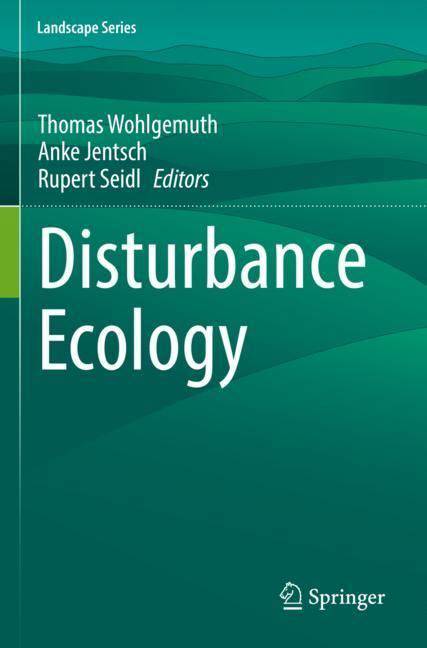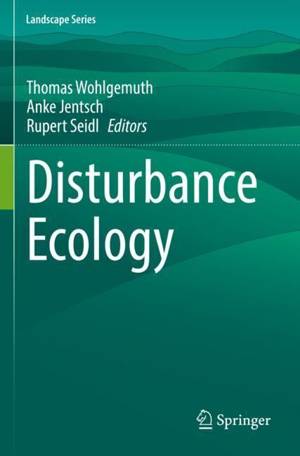
- Afhalen na 1 uur in een winkel met voorraad
- Gratis thuislevering in België vanaf € 30
- Ruim aanbod met 7 miljoen producten
- Afhalen na 1 uur in een winkel met voorraad
- Gratis thuislevering in België vanaf € 30
- Ruim aanbod met 7 miljoen producten
Omschrijving
This edited work presents a multi-faceted view on the causes and consequences of disturbance in ecosystems. Vegetation can be affected by a variety of different disturbances such as wind, floods, fire, and insect attack, leading to an abrupt change in live biomass. Disturbance is a motor of vegetation dynamics, but also sensitive to climate change and poses a challenge for ecosystem management.
Readers will discover the global distribution of disturbance regimes and learn about the importance of disturbances for biodiversity and the evolution of plant and animal life. The book provides a Central European perspective on disturbance ecology, and addresses important disturbance agents such as fire, wind, avalanches, tree diseases, insect defoliators, bark beetles and large herbivores in dedicated chapters. It furthermore includes chapters on anthropogenic disturbances in forests and grasslands. The impact of climate change on disturbance regimes and approaches to address disturbance risks in ecosystem management are discussed in concluding chapters. Within the 18 chapters 14 textboxes highlight current topics of disturbance ecology and provide deeper methodological insights into the field.
Disturbances strongly shape our landscapes and maintain our biodiversity. A better understanding of their ecology is thus fundamental for contextualizing the dynamic changes in our environment. This book is a valuable resource for students and practitioners interested in disturbances and their management.
Alleen bij Standaard Boekhandel
Beoordelingen
We publiceren alleen reviews die voldoen aan de voorwaarden voor reviews. Bekijk onze voorwaarden voor reviews.











